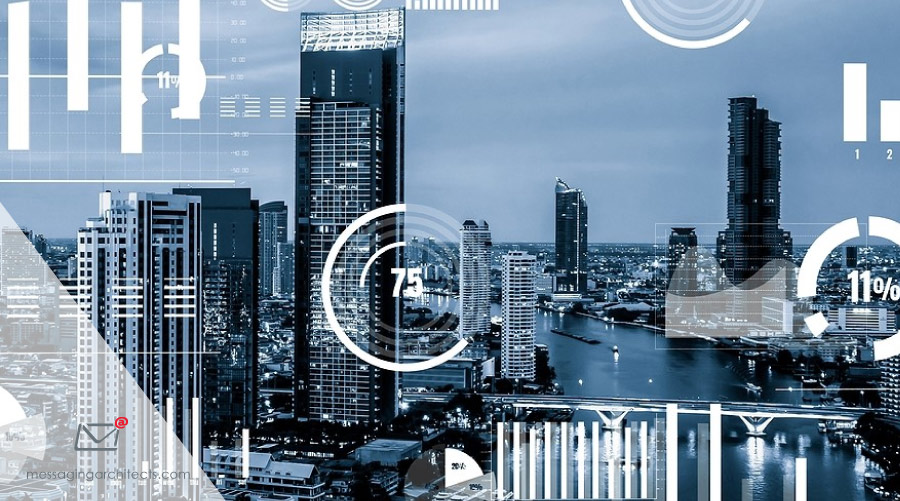In early June, Microsoft announced a key development affecting thousands of on-premises Exchange customers. When 2021 came and went without the promised new version of Exchange Server, customers feared they would be forced to migrate to the cloud. Now however, Microsoft has released a new roadmap that includes Exchange Server vNext.
According to Microsoft, vNext will become available at the end of 2025, just as earlier versions reach end of support. The June 2 announcement offers rudimentary details about the upcoming version, with a promise of more to come. Microsoft also strongly emphasizes the importance of upgrading to Exchange 2019 in preparation for vNext.
Exchange Server vNext Coming in 2025
When the Hafnium Hack hit on-premises Exchange Servers, Microsoft had to abandon plans for Exchange Server 2021. While Microsoft urged customers to migrate to Exchange Online instead, the cloud remains a no go for many organizations. With earlier versions of Exchange Server due to lose support soon, that left companies in a bind.
The surprise June announcement underscores Microsoft’s commitment to its on-premises customers. Timed to appear just as Exchange 2019 reaches end of life, vNext ensures that customers will continue to receive updates and support moving forward.

Key things to know about Exchange Server vNext:
- Customers should be able to upgrade to vNext in late 2025.
- To upgrade to vNext, customers must have Software Assurance (Microsoft’s software maintenance program). Also, vNext will require server licenses and CAL (Client Access Licenses).
- Microsoft strongly recommends that customers upgrade to Exchange 2019 now, as that will ease the transition to vNext.
- vNext will adhere to Microsoft’s Modern Lifecycle Policy. That is, Microsoft will continue to support Exchange Server “as long as there is substantial market demand.”
- Microsoft will release more details about features, requirements, and pricing for vNext in early 2024.
Support Ending for Earlier Versions of Exchange
In addition to previewing Exchange Server vNext, the Microsoft announcement reiterated current support dates for earlier versions. Specifically:
- Exchange Server 2013 – Extended support ends April 11, 2023.
- Exchange Server 2016 – Extended support ends October 14, 2025.
- Exchange Server 2019 – Mainstream support ends January 9, 2024. Extended support ends October 14, 2025.
Microsoft does not currently offer support for any versions of Exchange Server earlier than 2013. Customers on these earlier versions leave themselves extremely vulnerable to attack.
In-place Upgrades May Reduce Upgrade Challenges
In the past, upgrades to the newest version of Microsoft Exchange have proved problematic. Customers often had to purchase new equipment to meet the hardware requirements of the new version. Additionally, they needed to move mailboxes from one version to the next.
Recognizing that these challenges presented roadblocks for many customers, Microsoft has indicated that they intend to offer in-place upgrades from Exchange Server 2019 to vNext. Theoretically, this may remove the need to purchase new hardware and move mailboxes.

Upgrade to Exchange 2019 Now
For customers that cannot migrate to the cloud, Microsoft strongly recommends moving to Exchange 2019 now in preparation for vNext. Customers already on Exchange Server 2019 should keep their servers up to date to benefit from fixes and enhancements.
Exchange Server 2019 offers numerous advantages over previous versions. For instance, it includes a modern architecture, compliance features, integration with OneDrive and SharePoint Server and improved security.
Additionally, Microsoft announced planned investments in Exchange Server 2019 in the coming months. Significantly, it will offer more improved security and compliance features. Chief among those features will be the support for Modern Authentication in both pure on-premises and hybrid environments.
Navigate Exchange Server Migration Path with Expert Help
These changes can prove confusing, and roadmaps have a habit of changing over time. Consequently, the Exchange migration experts at Messaging Architects stand ready to help. Whether you need to migrate to Exchange Server 2019 or feel ready to jump to Exchange Online, we have you covered.







